China on Monday announced the 2024 import quotas for zero-tariff wool products from New Zealand and Australia, with a 5 percent rise in Australia's quota, in line with the terms of their bilateral free trade agreement (FTA).
The increased quota will boost Australia's wool exports, which count China as their biggest market, as an improvement in bilateral ties underpins growing economic and trade cooperation.
According to China's Ministry of Commerce (MOFCOM) and the General Administration of Customs, China's import quota for Australian wool will be 44,324 tons in 2024, up 5 percent year-on-year.
The import quota for New Zealand's wool and wool tops in 2024 will remain unchanged from the 2023 quota. Specifically, the import quota for New Zealand wool in 2024 will be 36,936 tons and that of New Zealand wool tops will be set at 665 tons.
The increase for Australian wool is in line with the terms of their bilateral FTA, under which China is to increase the quota by 5 percent annually through 2024.
The rise is expected to boost Australia's wool exports to China, the most important market, accounting for 82 percent of Australia's total wool exports, according to industry data.
Data from the Nanjing Wool Market, which provides wool trade information that is widely cited by domestic and foreign media, showed that while China took 82 percent of Australia's wool exports between July 1 and December 31 2022, India, another major importer, only bought 5 percent.
"Chinese companies prefer Australian wool because of its high quality. Australia typically breeds merino sheep, which produce superior quality wool. It can be used in worsted and woolen products," Yang Xiaoxiong, chairman of the Nanjing Wool Market, told the Global Times.
The steady increase in the import quota for Australian wool comes as China and Australia resolve their disputes to boost bilateral trade as diplomatic relations improve following years of tensions.
At the end of November, the MOFCOM said that it would review anti-dumping and countervailing duties levied on Australian wine, and will decide whether the punitive tariffs are necessary. In October, the ministry said that China and Australia reached consensus on resolving disputes on wine and wind towers under the WTO framework.









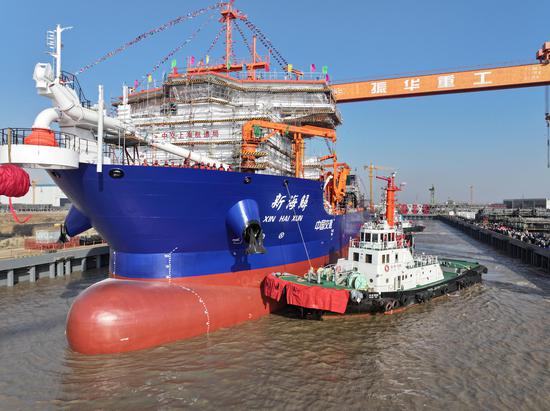
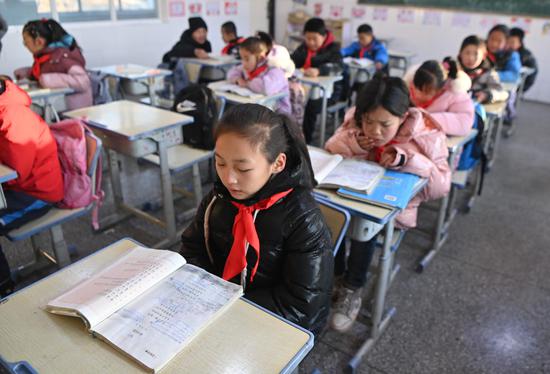
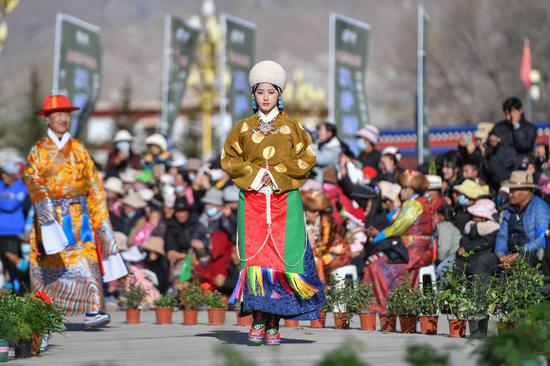
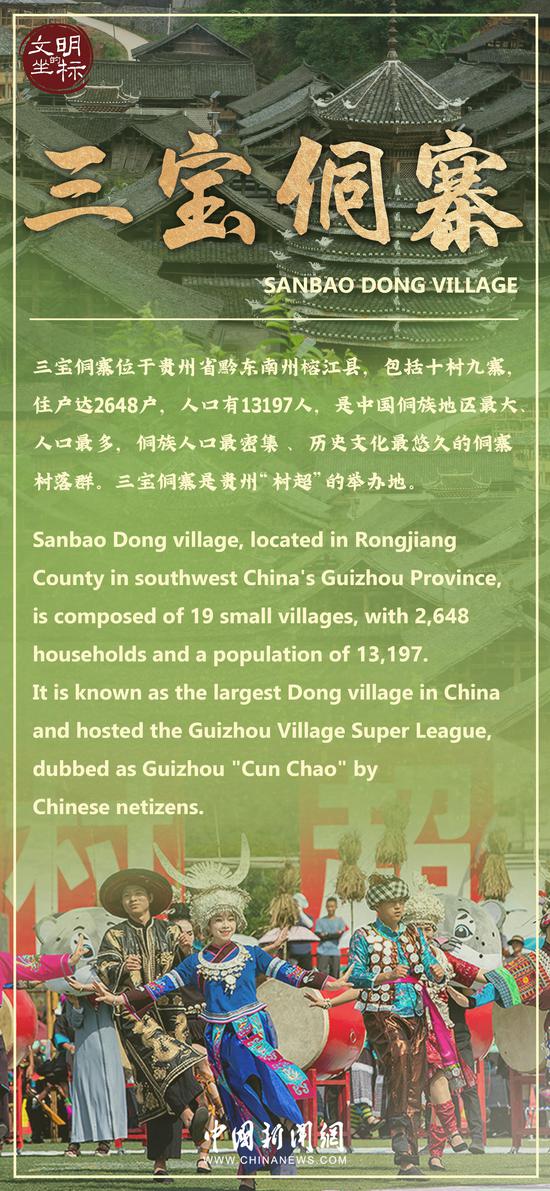
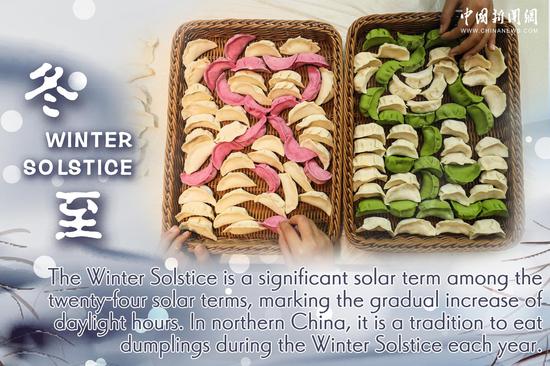
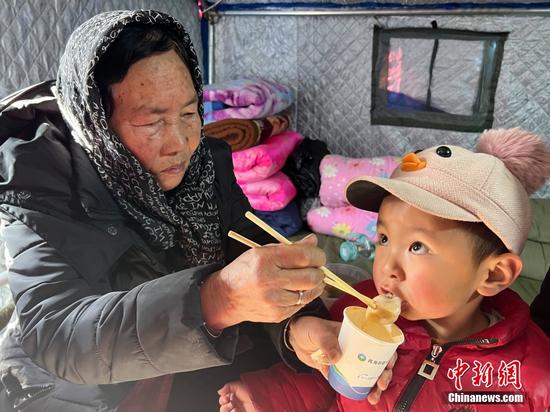
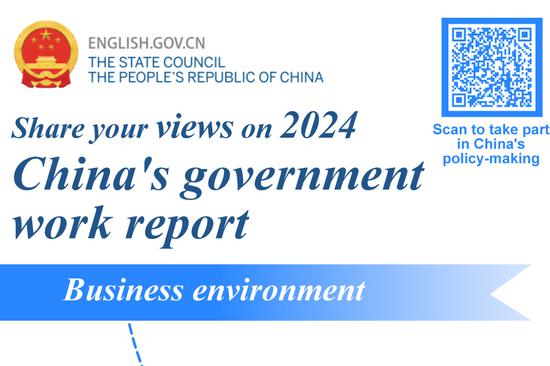

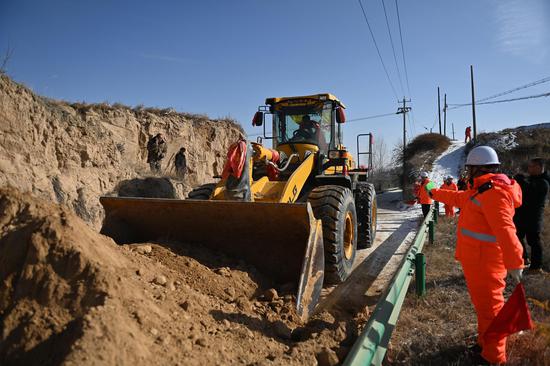
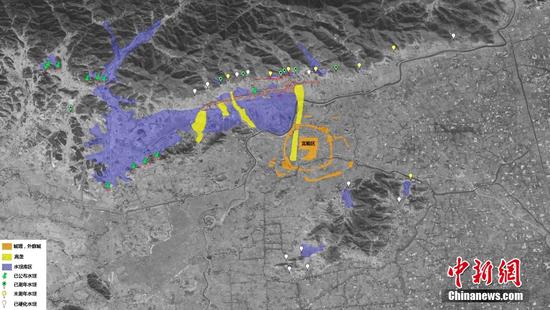
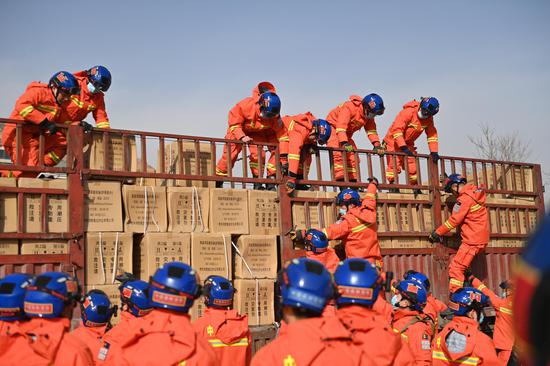

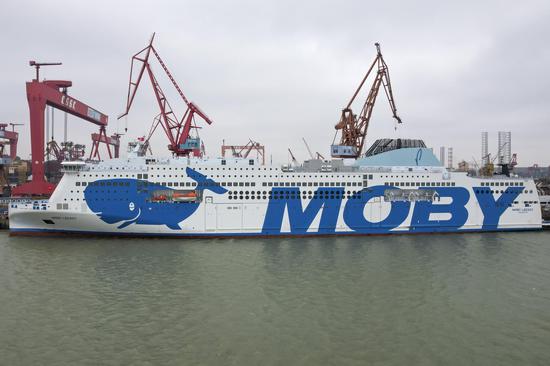



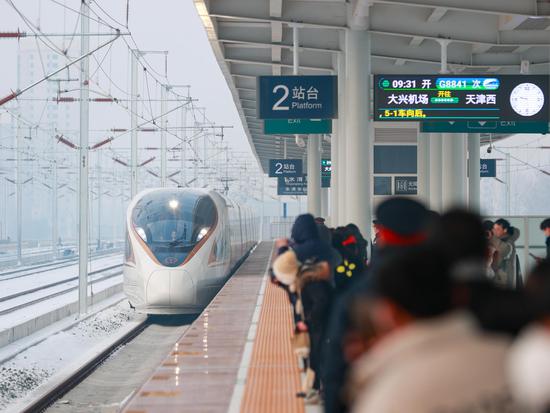

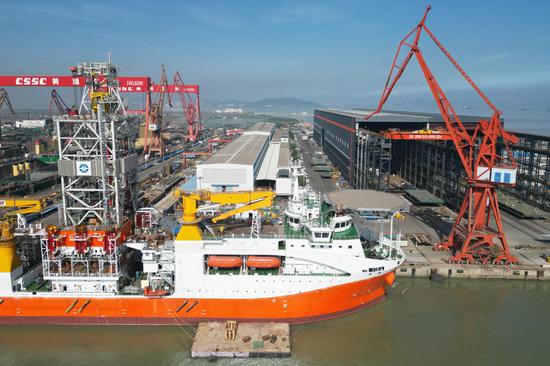

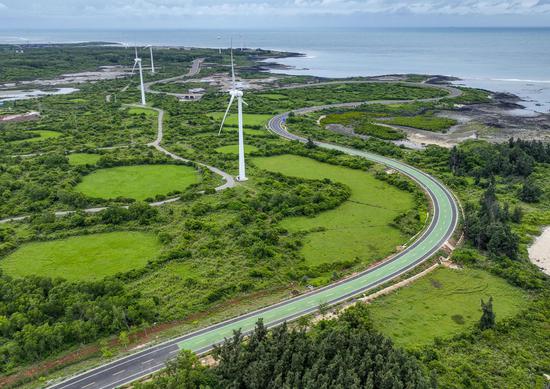
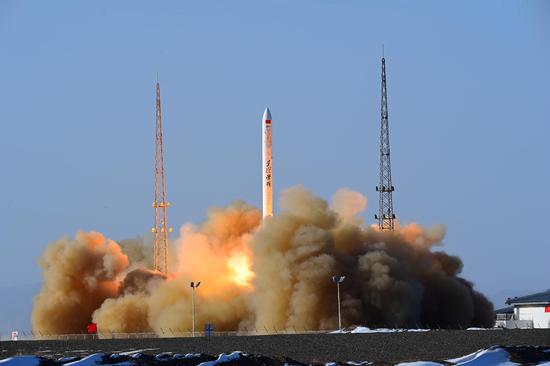

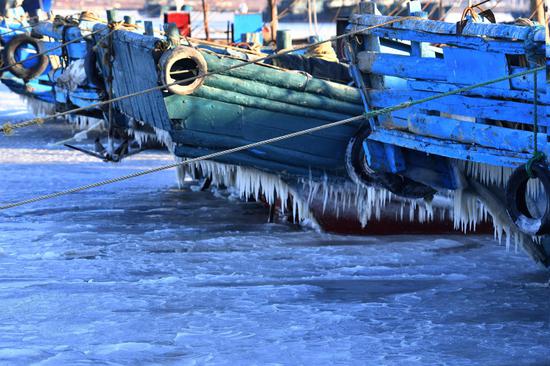
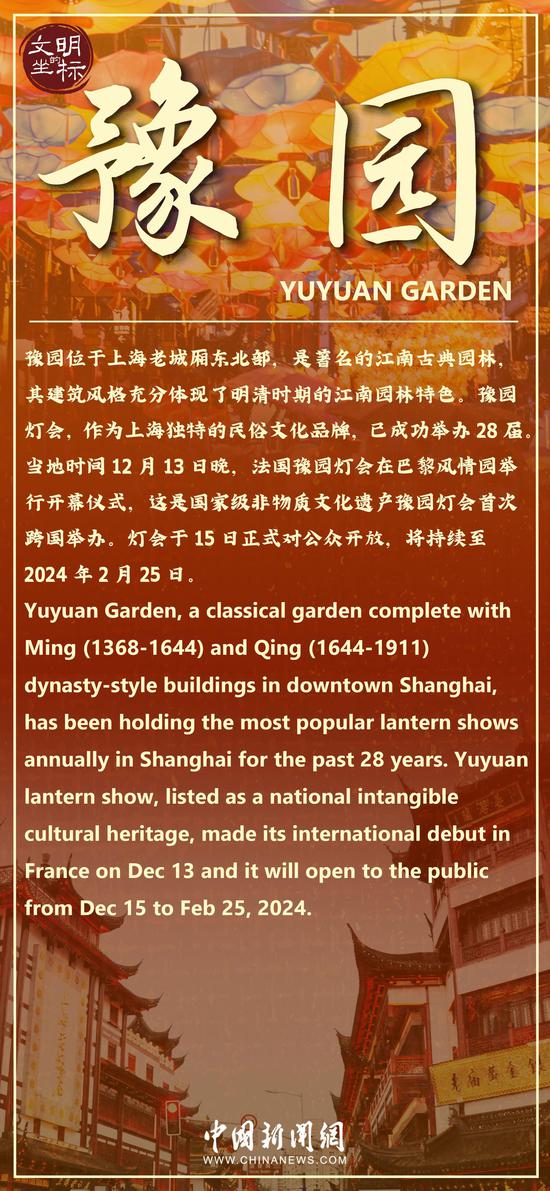
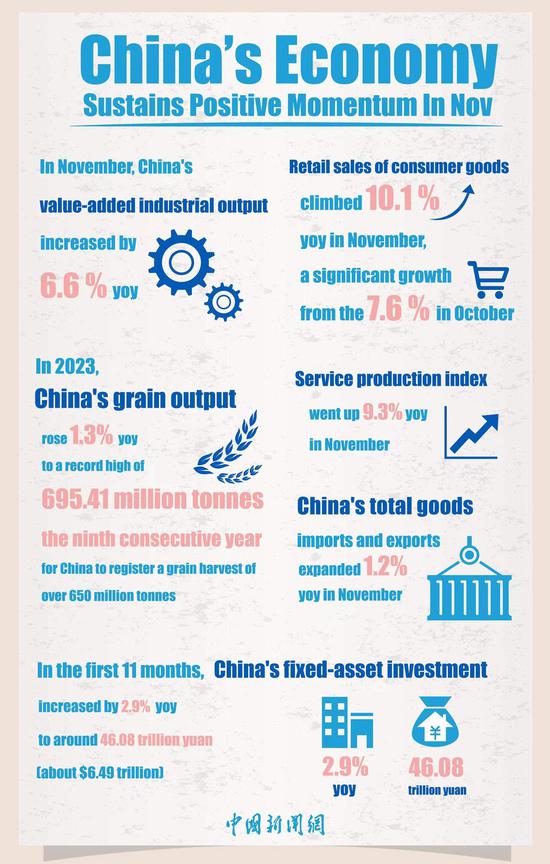


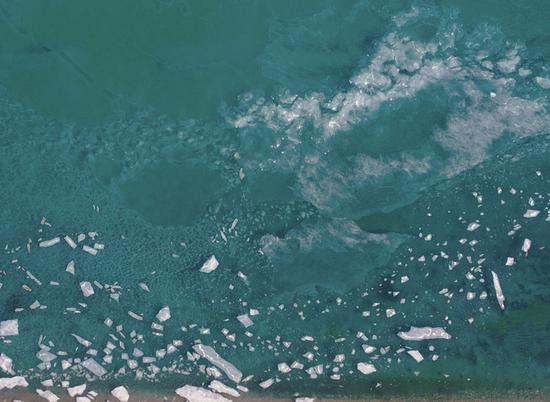
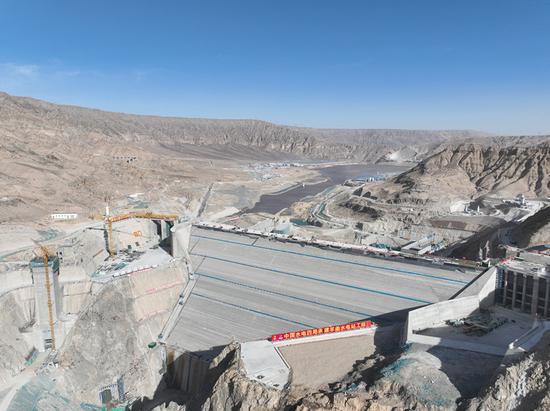

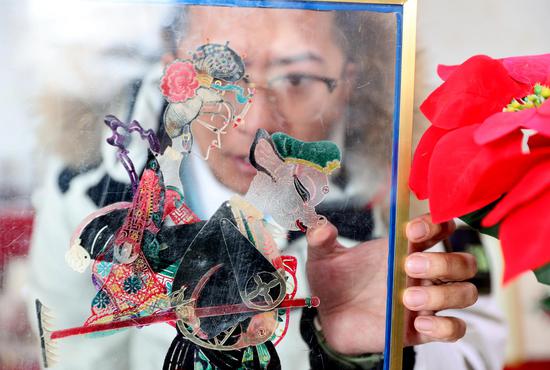
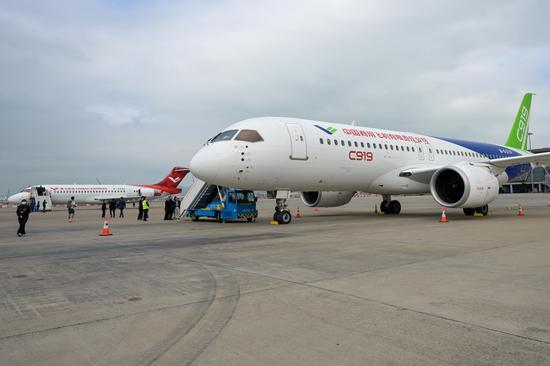
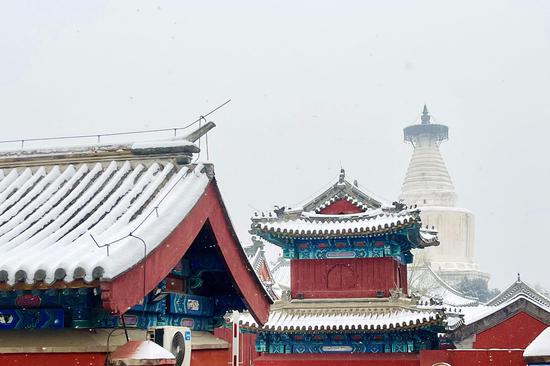

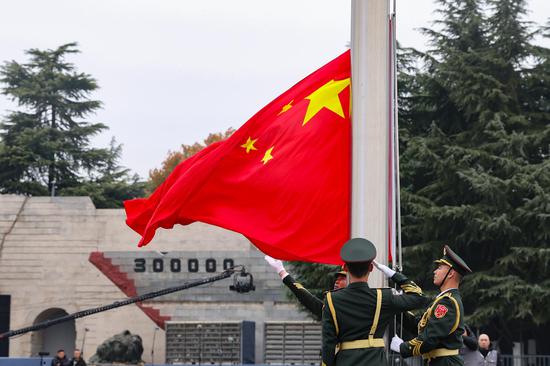



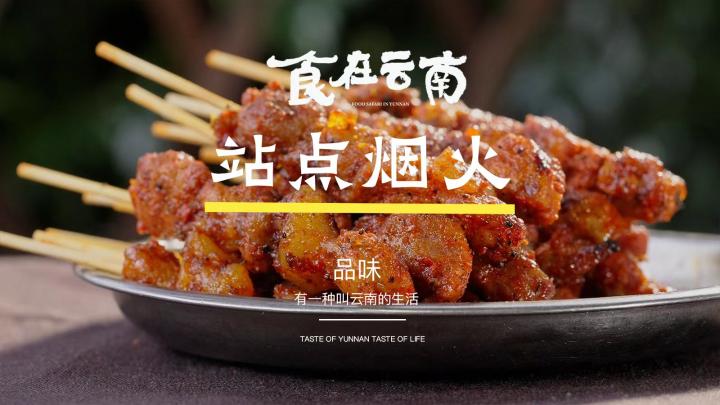

 京公网安备 11010202009201号
京公网安备 11010202009201号